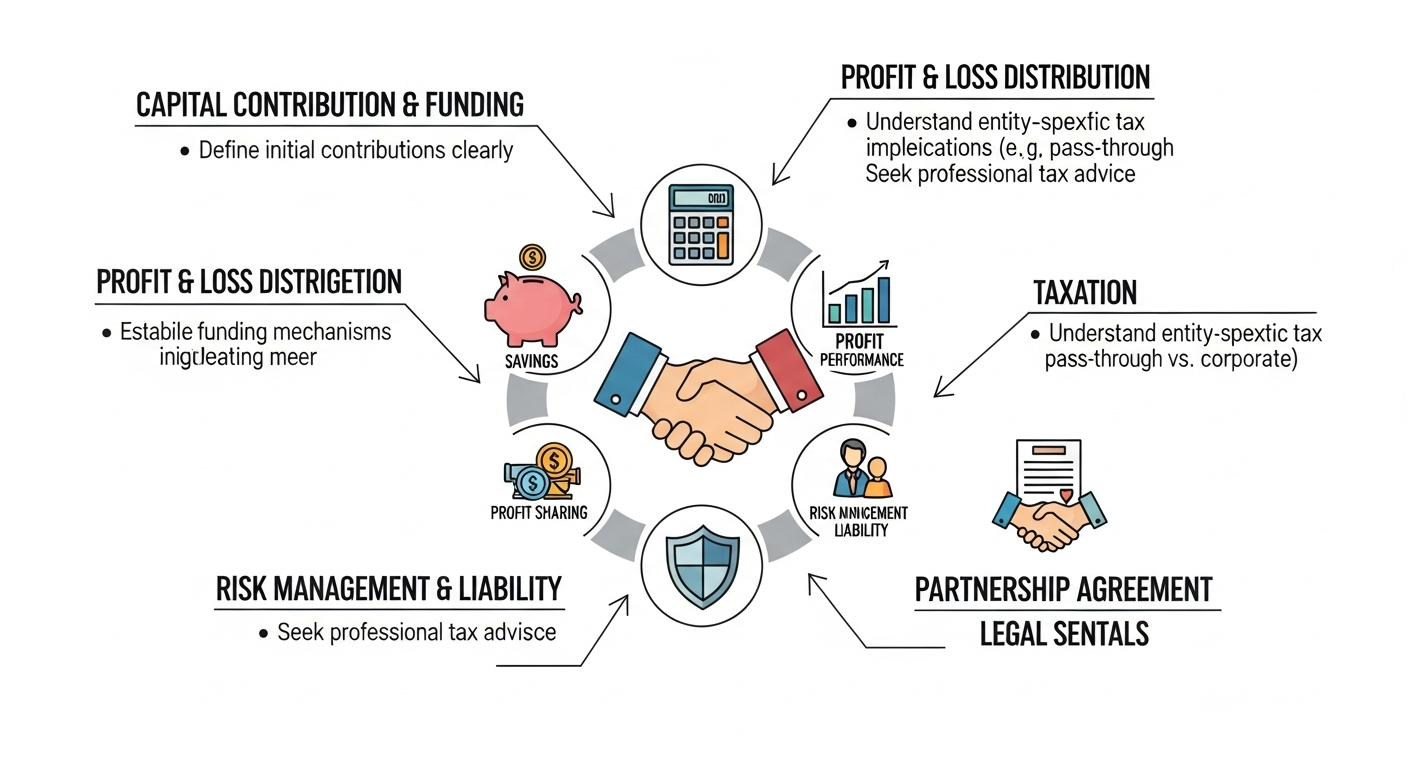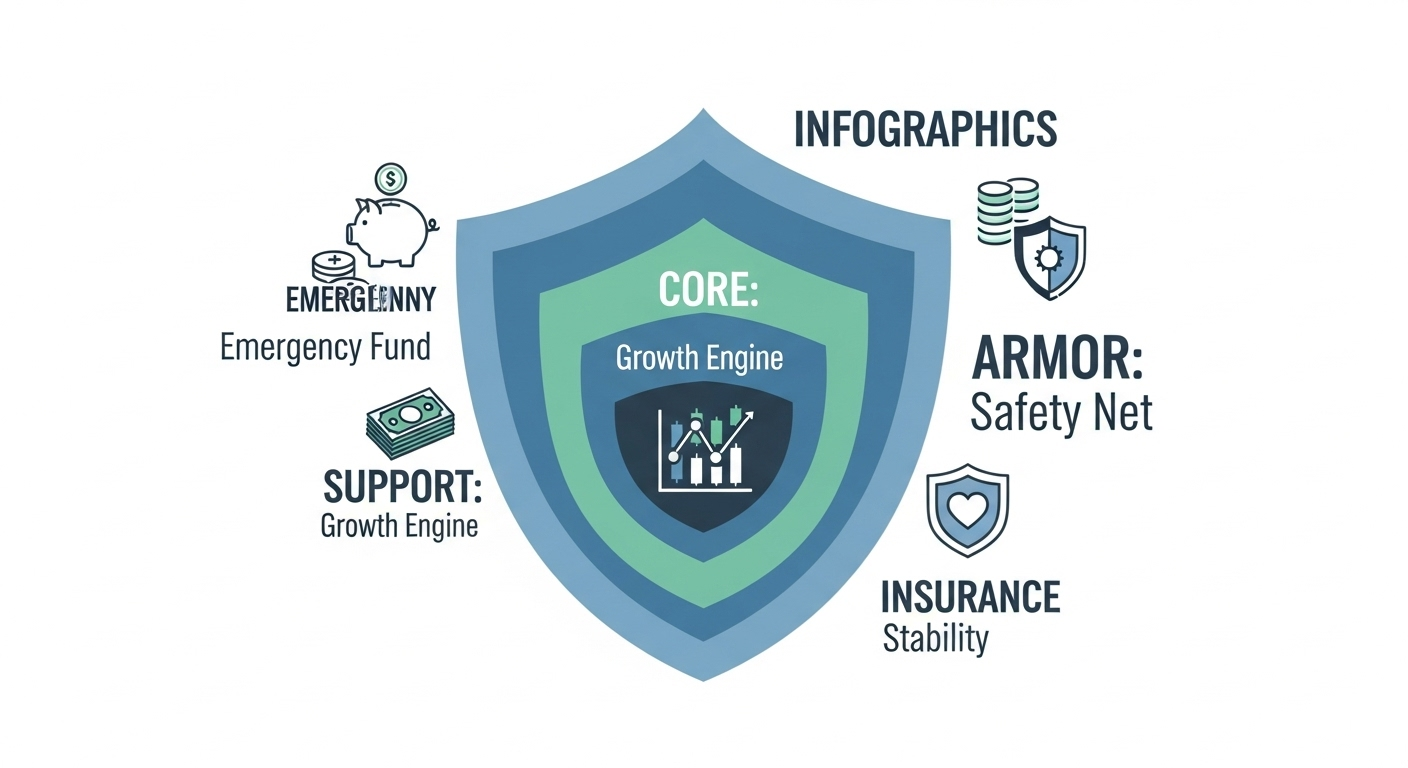
The Business Loan Documents List: Your No-Nonsense Guide to Getting Ready
I get it. You’ve got this brilliant idea, a business that’s ready to explode, or maybe you’re just trying to keep the lights on and the wheels turning. Whatever the reason, you need cash, and a business loan feels like the next logical step. But then you hit the wall. The dreaded “required documents” list. Suddenly, your brilliant idea is buried under a pile of requests for things you didn’t even know you had.
Let’s have a real chat about this. Forget the bank jargon for a second. I’ve been through this process more times than I can count, both for my own ventures and helping out friends. It feels overwhelming, like the bank is asking for your firstborn child and a blood oath. But here’s the thing: it’s not personal. It’s all about them trying to answer one fundamental question: “If we give you this money, can we trust you to pay it back?” Every single document they ask for is just a piece of that puzzle.
Think about it this way: you wouldn’t lend a large sum of money to a stranger without knowing a bit about them, right? Banks are no different. They’re just… a lot more thorough. And sometimes, frustratingly so.
The ‘Who Are You, Really?’ Pile: KYC and Business Identity
First things first, they need to know who they’re dealing with. This is the most straightforward part, but don’t get sloppy. This is your basic Know Your Customer (KYC) and proof of business ownership India. We’re talking about:
- Identity and Address Proof: Your PAN card is non-negotiable. For both you and the business. Then comes your personal address proof – Aadhaar card, passport, driver’s license, a recent utility bill. Simple stuff.
- Business Registration Proof: This is the big one that proves your business is a real, legal entity and not just a figment of your imagination. It could be a GST Registration Certificate, a Shop and Establishment Act License, or if you’re an MSME, your Udyam Registration Certificate. If you’re a private limited company or LLP, you’ll need your Certificate of Incorporation, Memorandum of Association (MOA), and Articles of Association (AOA). This isn’t just paperwork; it’s the birth certificate of your business.
I remember one time I was helping a friend—a brilliant baker—get a loan for a new oven. She ran her business from home and had none of this. It felt like a dead end. But we started small, got her the Shop and Establishment license, and suddenly, she was “official.” That one document opened the door. It’s a foundational step.
Show Me the Money: The Financial Deep Dive
Okay, now for the part that makes most people sweat. The financials. This is where the bank puts on its reading glasses and really starts judging your life choices. The goal here is to prove your business is financially healthy (or at least has a clear path to becoming healthy). The business loan application process hinges on these docs.
They’re going to ask for:
- Bank Statements: Usually the last 6 to 12 months. This is huge. They’re looking at your cash flow. Is money coming in regularly? Are you constantly overdrawn? This tells a story of your day-to-day financial discipline.
- Income Tax Returns (ITR): Typically the last 2-3 years, for both you and the business. This is your formal declaration of income and profits. It shows a history of earnings. I’ve seen people get rejected because their ITRs were a mess. It pays to have a good Chartered Accountant.
- Audited Financials: This means your Balance Sheet and Profit & Loss (P&L) statements, usually certified by a CA. This gives a detailed, verified picture of your assets, liabilities, and profitability.
A little secret? Consistency is key. If your bank statements show a wildly different story from your ITRs, that’s a massive red flag for lenders. They want to see a cohesive financial narrative. If you want to dive deeper into financial matters, this site has some great articles.
The Plan: Where Are You Going With Our Money?
This part is less about your past and more about your future. Especially for startups or if you’re asking for a significant amount, lenders will want to see a business plan. Actually, that’s not quite right. They don’t just want to *see* it; they want to be convinced by it.
Your business plan shouldn’t be a work of fiction. It needs to be a realistic roadmap. What exactly will you use the loan for? Buying new machinery? Marketing? Expansion? Be specific. Include projected financials. How will this loan help you generate more revenue? Show them the return on investment. This is your chance to sell your vision, backed by numbers. It’s where your passion meets their pragmatism. A well-thought-out plan shows you’re not just dreaming; you’re a serious entrepreneur. For more insights on strategic planning, check out resources at The Hindu BusinessLine.
Honestly, the frustrating thing about this topic is that the requirements can feel like a moving target. What one bank wants, another might not. But the documents listed here? They are the usual suspects. Getting them in order *before* you even start applying will save you so much time and heartache. Think of it as preparing for battle. You wouldn’t show up without your armor, would you? For more on business strategies, you might find some useful information on this blog.
FAQs That Actually Get Asked
Is GST registration absolutely necessary for a business loan?
It’s not always mandatory, but it helps. A lot. For many lenders, especially for loans over a certain amount (like ₹5 lakhs), a GST registration for loan becomes a key requirement. It adds a huge layer of credibility to your business, proving your turnover and that you’re a formal, tax-compliant entity. So while you might find some loans without it, having it makes you a much stronger applicant.
What if I’m a brand new startup with no financial history?
This is tough, but not impossible. The focus shifts heavily to your business plan and projected financials. Lenders will scrutinize your idea, your market research, and your personal credit history. They might also require collateral or a personal guarantee. Some government schemes are specifically designed for startups, so explore those as well.
How important is my personal credit score in all of this?
Very. Especially for a new business or sole proprietorship. If your business doesn’t have a long credit history, lenders will look at yours as a proxy for your financial responsibility. A good score (think 700+) can open doors and get you better interest rates.
Do I really need a CA to certify my documents?
For official financial statements like the Balance Sheet and P&L account, yes, most lenders will require them to be certified or audited by a Chartered Accountant. It’s a stamp of authenticity that banks rely on heavily. Don’t try to cut corners here; it’s a non-starter for most financial institutions.










